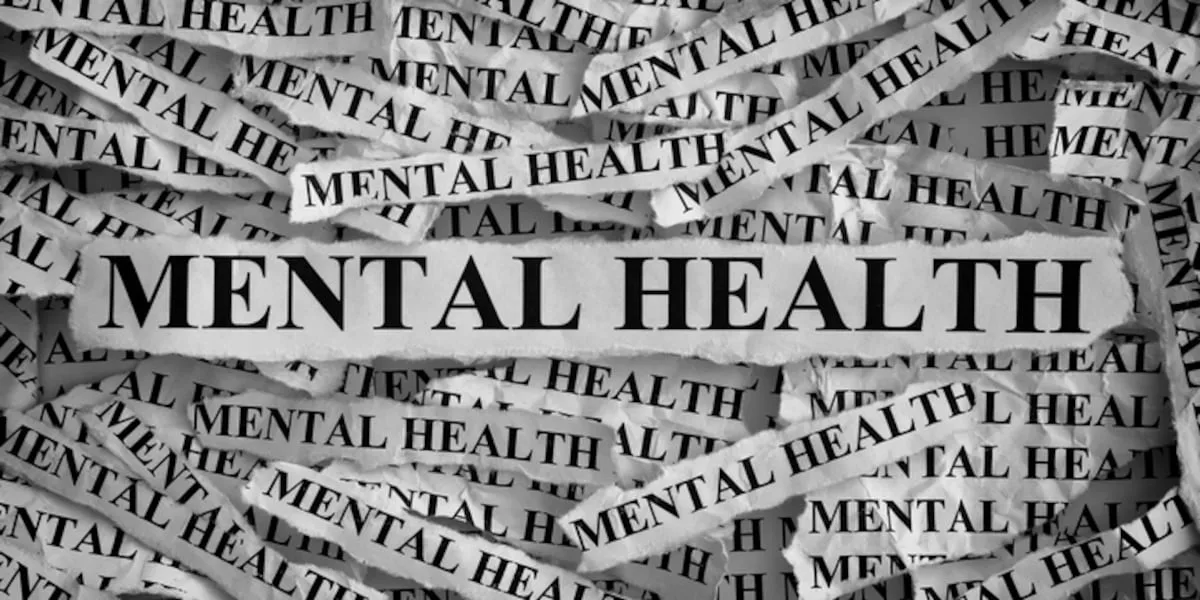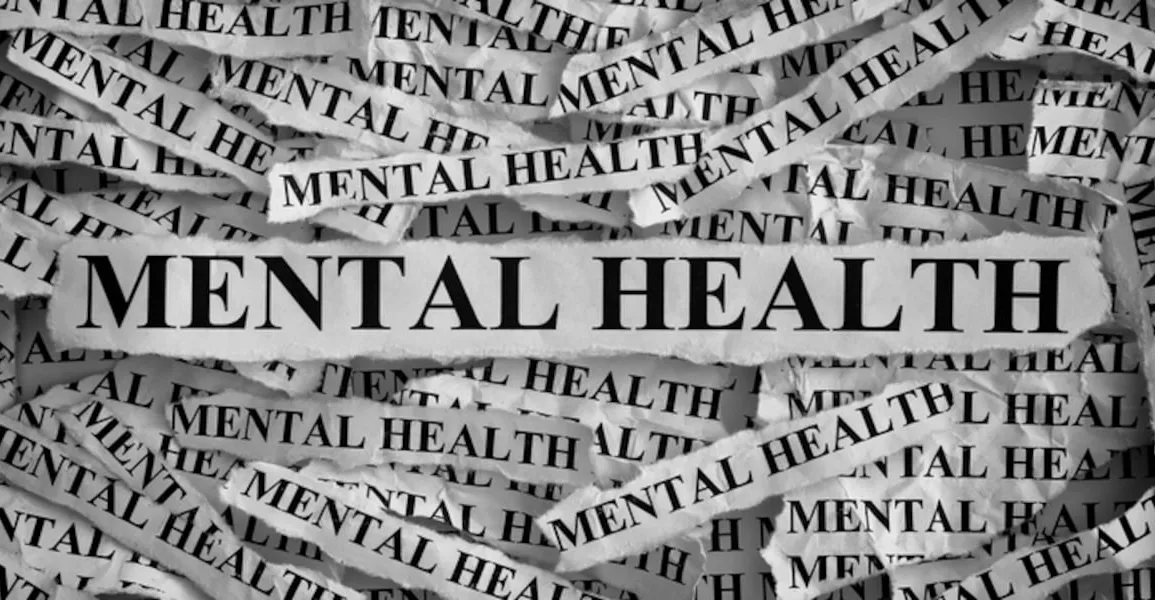
CLEVELAND, Ohio (WOIO) – Black History Month is a time to recognize Black Americans who made a historic impact for culture and in society.
19 News has also celebrated future leaders in Northeast Ohio, who are shaping the Black existence today.
But the month also serves as a time to highlight problems and issues. One of which has been a stigma within the Black community for generations, mental health.
In early February, the “Just Heal Bro” tour made a stop in Cleveland, featuring five panelist, who hosted a safe space for other Black men, to speak up and heal their minds. Dr. Jay Barnett, a family therapist, was the lead host of this event.
“I think for the work that we’re doing is helping brothers to understand that they’re not alone.” says Dr. Barnett.
Dr. Barnett knows first-hand how it feels to feel helpless and silenced. His lowest point, ended in not one, but two attempts at suicide. Fortunately for Dr. Barnett, he survived.
But other Black men who went down the same road, were not as fortunate. Suicide numbers are staggering among Black men.
According to 2018 stats from the Department of Health and Human Services, the death rate from suicide for Black men was four times greater than Black women.
Part of the problem, according to Dr. Barnett, is the history of Black men, being encouraged to not show emotion.
Dr. Barnett said, “I think also to sort of demystify this stigma of around, you know that we have to be so stoic and that we can, you know, just take pain and that we can just take the trauma and just take everything and keep it bottled up.”
Several factors come into play. The history of mistrust in doctors, not just among Black men, but African Americans’ in general.
And the lack of male, Black therapists. In 2018, the American Psychological Association says 2% of Psychiatrists and 4% of Psychologists in the U.S., are Black.
“I think it begins with our relationship with the healthcare system.” said Dr. Barnett. “We are looking at a epidemic that no one has ever seen with the suicide rate steadily increasing amongst Black boys and Black men. So they’re not enough clinicians, they’re not enough therapists.”
Actor Lamman Rucker is an advocate for mental health among Black men. He teamed up with Dr. Barnett and three other panelist on the tour to help defeat the stereotypes.
“Let’s be clear that this is not a narrative that all Black men are broken.”, says Rucker. “Even if the man is damaged, if that man does his work, his son will be further along, you know, in his positive development. So there’s still a way that even if you don’t, if You didn’t have it, for you to learn what’s important, so that you can, you know, share it and give it to your peers.”
So where does the conversation begin? Especially with young boys and young men. Learning how to process emotion is a challenge, mostly if a male figure isn’t in the picture. Dr. Barnett says it all comes down to face-to-face communication.
“Boys have to see it. We’re visual. I think they have to see men actually saying I don’t have the answers and that’s OK. I need help and I’m going to go get help. That’s the best form of communication is for it to be modeled out.” says Dr. Barnett.
Lamman Rucker says, “It’s uncles, it’s teachers that we know as its coaches. It’s other men in the community. There are countless examples of what positive, you know, image imaging looks like in a particular positive Black male image.”
From silence and helplessness, to finding a safe space to talk through feelings and emotions. It’s something, today’s Black man is recognizing and embracing. Shedding past fears and ridicule and opening up to new possibilities of engaging in dialogue, all for the sake of sanity.
“We are Black history, right? Black history is in the making. All of that. That happened before. It’s also part of us. It’s in our DNA. Those spirits, those ancestors that were here before. Their lives, their brilliance, their magnificence. It’s embodied in all of us. So all of the past is here, but some of the past can be left behind us. The best of what was there is still here, through us. We are the present and the work that we do now will impact what happens in the future.” said Lamman Rucker.
If you or someone you know is struggling with mental illness, call the National Suicide Prevention Lifeline by dialing, 988.
Copyright 2024 WOIO. All rights reserved.



